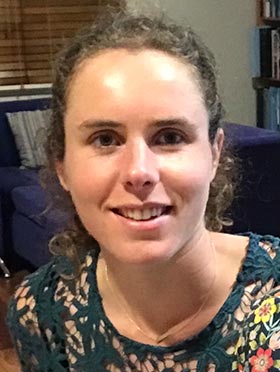
I walk into the room. White walls, sterile.
You have put up drawings, pictures, cards.
Words jump out at me:
“Get well soon”, “we miss you”, “Jesus loves you”.
“God will heal you”.
There are religious pictures, too.
It makes it less sterile-looking, more vibrant.
But no one notices.
The professionals ignore them.
In the white bed, you look small. You are not small.
You are fourteen and big for your age.
But in the bed, in this foreign territory,
you are small and insignificant.
You have lost your mana.
We come in. We know what is happening.
You are lost, you don’t understand.
Your Mum is there, she sits quietly.
I chat to her. Slowly, she opens up.
She is scared.
Very scared.
She doesn’t get it, doesn’t know what the doctors said.
They come in so quickly, they talk and they leave, she says.
I can’t ask what they mean, she says.
So she is lost. And scared.
Just like the boy in the bed.
I am busy. I have other patients.
They are all children, they are sick.
They have no hair.
They have central lines and naso-gastric tubes.
I am so busy.
This whānau needs time. They need my attention.
I don’t have time.
I have other patients. I haven’t had a break and it’s 12pm.
But they need time.
So I make time.
I sit. And we talk. And I listen.
I explain what chemo is, so they understand.
I explain what it looks like: black cover, IV fluids, purple gowns, purple bins.
Will it hurt? They ask.
Will I feel it? They ask.
I reassure them.
Then, I ask if they want to do anything before the chemo.
What do you mean? They ask.
Do you want to pray, karakia, or have some time to think?
They are shocked.
No one’s ever asked us that.
The Mum’s eyes sparkle with tears.
She is so grateful.
Yes, she wants to pray.
The time comes. Time for his first ever chemo.
I walk in, in my purple gown.
I arrive early to give them time.
The mother holds her son’s hand.
Then she takes mine.
She prays for the chemo to make her son better.
She prays for her son to be strong.
Then, she prays for me, the nurse giving the chemo.
I choke back tears.
Now, when either of you see me, you greet me by name.
You ask questions.
I explain things.
You want to know how I am, what’s new in my life.
I have touched your life.
And you have touched mine.
I didn’t realise what an impact a small action could make.
No one asked you.
My poem was an attempt to describe the complexities of nursing and the impact on our patients when we become task-focussed, rather than providing holistic care… By slowing down and taking the time to talk to my patient and his mum about their concerns, as well as to incorporate Māori tikanga such as a karakia, I not only provided holistic care but also enabled them to have more involvement in their own care. It had an impact far above what I would have imagined and this moment will stay with me forever.



